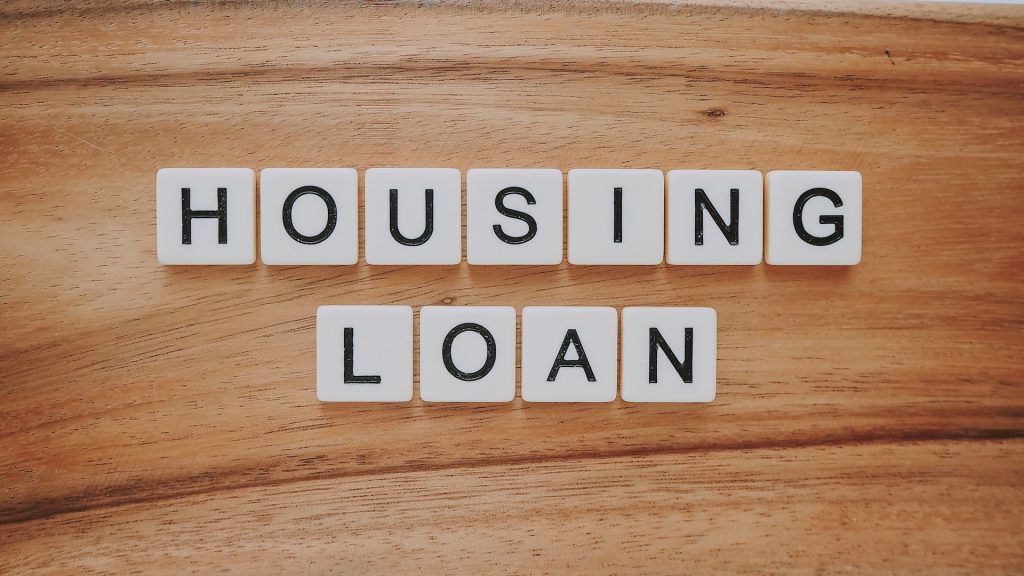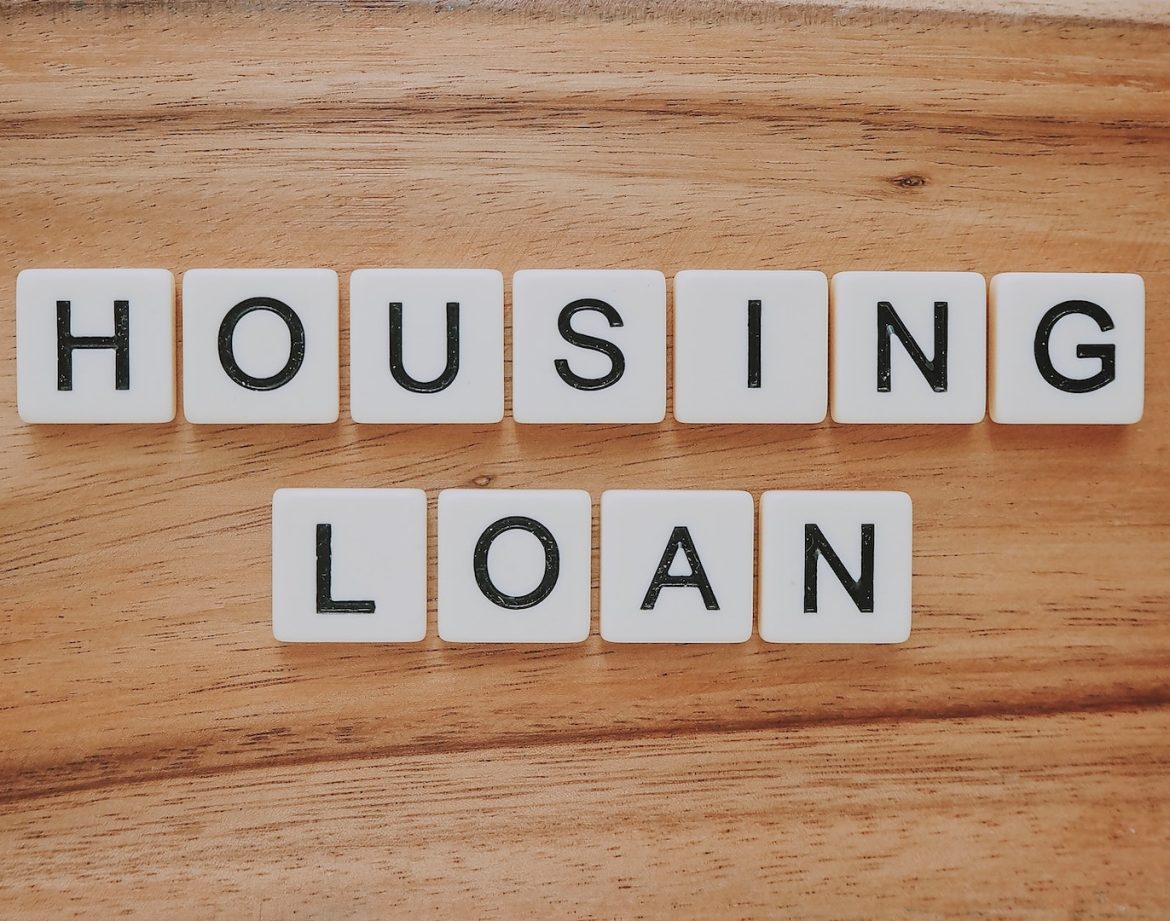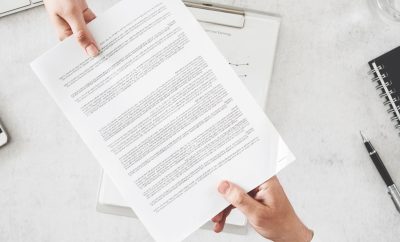How to Get a Loan for Property in Switzerland
Investing in property can be a great way to build wealth and secure your financial future. But when it comes to investing in Swiss property, securing a bank loan can be a tricky process.

In this article, we’ll explore what you need to know about getting a loan for property investment in Switzerland and how to plan correctly from the start. With the right information and preparation, you can make an informed decision about obtaining a loan for Swiss property investment.
But First… a Few Things to Keep in Mind
One of the distinguishing features of the Swiss mortgage system is that mortgage lenders carefully evaluate your monthly payments and mortgage interest to determine how much you can afford, ensuring your total housing costs do not exceed roughly a third of your taxable income.
Additionally, homebuyers should plan for mortgage registration fees, which vary by canton, as well as potential costs linked to direct and indirect amortization. With direct amortization, your mortgage repayments gradually reduce the principal, while indirect amortization can maintain the loan balance for a longer period to optimize tax benefits.
Many lenders now reference the Swiss average rate overnight (SARON) for floating-rate loans, effectively replacing older LIBOR mortgages. You can also opt for a fixed-rate mortgage with fixed interest rates set for an agreed term, or consider variable-rate mortgages that follow market fluctuations.
Each choice has its own benefits and drawbacks, so it’s crucial to weigh factors like predictability, affordability, and future interest rates before finalizing your loan structure.
Financing Property Purchase
Personal funds play a key role in the process of purchasing property in Switzerland. Potential homeowners must pay a minimum deposit of 20% of the total purchase price for their desired property.
In other words, if you want to buy an apartment or house worth 1,000,000 CHF, you need at least 200,000 CHF of your own money. This requirement is applicable regardless of the canton where you want to buy the property or the bank where you want to get a Swiss bank loan. Without it, no purchase can be made regardless of monthly income.
This deposit needs to be comprised in a specific way:
- 10% should come from personal sources such as life insurance, savings, or workplace pensions (also known as the 3rd pillar).
- The other 10% can stem from either your state pension (2nd pillar) or personal funds.
Note: Expats with deposits in currencies other than Swiss francs should consider using a professional online currency exchange service, as this option may be more economical than using a bank.
Calculating Debt Ratio

When it comes to financing a property purchase, apart from your deposit, your borrowing capacity (debt ratio) is an important factor. Your debt ratio helps the bank determine the highest amount of money you can borrow in proportion to your annual income. Before making any applications to a bank, you should determine your borrowing capacity so that you can find a property that fits within your budget.
When calculating your debt ratio, you should consider future monthly installments as well as your income. The majority of Swiss banks expect total charges related to buying a property (maintenance costs, monthly mortgage payments, etc.) not to exceed 33% of gross annual income. You should also consider other existing costs such as leases, other loans, etc.
Swiss Bank Loan on Property
A mortgage loan is an amount your bank lends you if you meet certain conditions (such as borrowing capacity and deposit). Keep in mind that the Swiss bank loan on the property cannot exceed 80% of the purchase price of the property. The first part of the loan covers 0-65% of the property value, while the second part covers 65-80% of it.
Moreover, in Switzerland, buyers don’t need to repay the entire loan on a certain date. Instead, only the second part needs to be repaid with both capital and interest. The first part doesn’t have to be paid back and only interest is charged, allowing the borrower to benefit from a tax deduction.
The financing is usually structured as 65% mortgage (first part), 20% deposit, and 15% mortgage (second part).
Who’s Eligible for a Mortgage?
For people living in Switzerland, obtaining a mortgage to purchase property is relatively straightforward. You’re eligible to apply for a mortgage with your residency permit B or C.
For non-residents of Switzerland, however, the process can be more complicated due to the Lex Koller law, as this law restricts foreign ownership of Swiss real estate. In such cases, it is necessary to obtain a license from the cantonal authority in order to buy a property. There may also be restrictions when it comes to secondary home purchases in certain areas.
Non-resident citizens are typically only able to purchase investment properties for holiday purposes, while some cantons place limits on how many apartments or flats one person can buy within their boundaries.
A Swiss bank account isn’t necessary to qualify for a Swiss mortgage. Nonetheless, you need to put down a minimum of 20% of the purchase costs, while repayments must not go above 33% of your net income.
Can You Get a Mortgage as a Foreigner?
Foreigners who wish to purchase property in Switzerland and obtain a mortgage must meet certain criteria. EU/EFTA nationals and non-EU citizens with a C residence permit can apply for mortgages like Swiss citizens. On the other hand, people from outside the EFTA/EU with a B permit may purchase and take out mortgages only on one Swiss property they live in.
Non-residents seeking to acquire Swiss property may also be able to obtain a mortgage, provided they meet specific conditions set by banks or other lenders. These conditions may include having financial means and strong reasons for buying the property, as well as establishing close ties with Switzerland.
Furthermore, non-residents can obtain a mortgage and purchase property in Switzerland through an investor visa, subject to paying an annual lump sum tax ranging from CHF 150,000 to 1 million, the sum depending on the canton.
Securing a Mortgage Loan with Your Pension Fund

Using your pension fund is an option available to expats looking to purchase property in the country. However, it may be difficult for those who have recently arrived and don’t yet have much accrued in their pension fund. If you want to use pension funds for financing a home, there are a few requirements you should consider.
The property needs to be the primary residence of the owner and cannot be co-owned or held with another person other than a registered partner or spouse. Furthermore, in case the owner defaults on their mortgage, they’ll also forfeit their pension.
Additionally, applicants must already have paid into an existing pension fund before being able to pledge it as collateral. Pension funds from non-Swiss sources are generally not considered for this purpose.
When using a pension fund to finance a bank loan on property in Switzerland, there are two primary methods:
- Pledging
- Withdrawing the funds
Withdrawing the funds will reduce both the size of your pension and your mortgage, which reduces interest payments on it. Conversely, if you pledge the fund, this preserves the size of your pension without reducing the interest paid on the loan.
Applying for a Mortgage Loan
Applying for a mortgage in Switzerland typically involves going directly to the lender (usually a major bank). Alternatively, you can contact insurance companies or independent mortgage brokers.
After registering online and discussing your loan with the lender, you should provide various documents to complete the application process:
- Valid ID (e.g. passport)
- Proof of salary
- Most recent tax return
- Bank statements (usually for 2-3 previous years)
- Information about pension if you used it to fund deposit
- Property details (sales documents, land registration, insurance certificate)
- If requested, proof of credit check
If applying with a partner or spouse, both parties must sign documents usually in person and at the same time.
Summary
Investing in Swiss property can be a great option and an exciting endeavor. However, it’s important to understand the different rules and regulations that apply when financing vacation homes and investment properties.
You should also consider the cost of borrowing, as well as any taxes or fees associated with purchasing real estate in Switzerland.
If you’re thinking of making your dream come true and buying a house in the Swiss Alps, you should definitely consider Verbier chalets and apartments on our listing. This area is ideal for vacation homes, and many buyers can confirm that investing in Verbier real estate has been one of the best decisions they have ever made.




